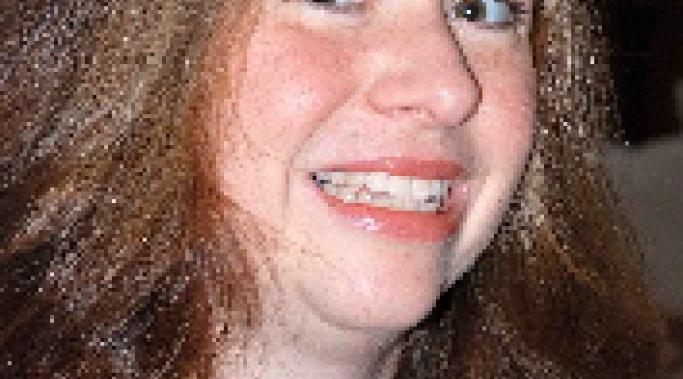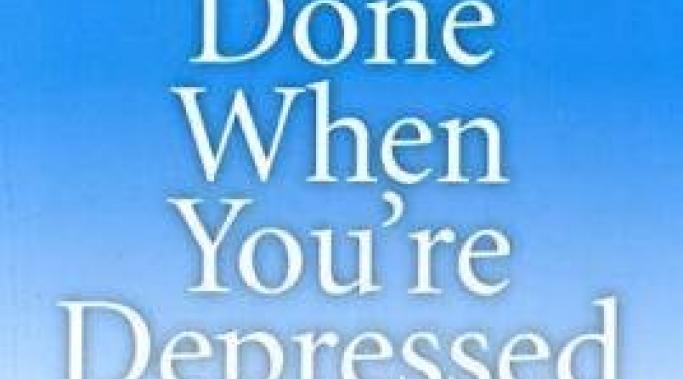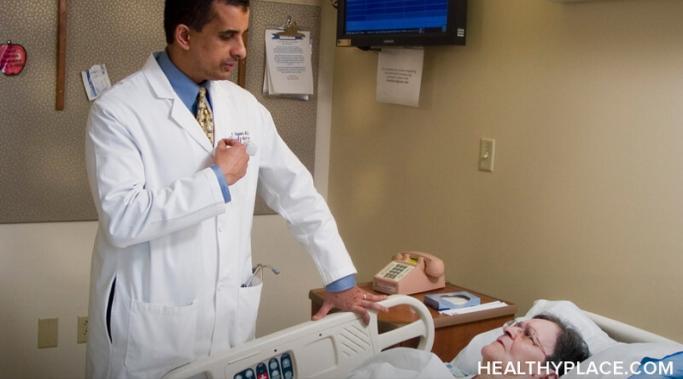Living with a chronic, serious, or terminal illness is tough. It is life altering and with it often comes a lot of emotional stress. Issues like depression, anxiety, isolation and helplessness are common to experience. Our guest, Dr. Ann Becker-Schutte, joins us to discuss helping those affected by chronic and serious illness to live a balanced life.
Depression – TV Show Blog
Although world-wide research over the last 20 years has indicated that women experience depression at 1 ½ to 2 times the rate of men, recent research conducted by Jed Diamond, Ph.D, and others, indicates that male depression has been under-reported and is beginning to rise significantly. In his 2009 book, Male vs. Female Depression: Why Men Act Out and Women Act In, Diamond reported on a major research study that concluded “Women seek help—men die.” The study found that 75% of those who sought professional help at a suicide prevention program were female. Conversely 75% of those who died by suicide in the same year were male.
As one of many people living with a depressive illness, I can attest to the crippling nature of depression. But I'm fortunate to have found a depression treatment that works well for me. While I've yet to find a medication or lifestyle change that eradicates major depression or dysthymia from my life altogether, there are drug treatments and lifestyle choices that together provide measurable relief - enough to make a profound difference. Others are not so lucky. Some people have tried medication after medication and have yet to find anything that markedly eases their depression symptoms. These people are living with treatment-resistant depression. What can they do?
On March 6, 2006, Paula Hardin said her good-byes and shot herself in the chest. Three days later, she woke up. It was the second time she'd attempted suicide, the second time she'd lived on in spite of herself.
A mental illness that saps sufferers of motivation and energy, depression notoriously impedes productivity. For many people living with depression, even basic day-to-day chores seem to take herculean effort. The inability to get things done is frustrating on its own, but even more maddening is the vicious cycle it perpetuates.
When my son was born in 1998, I was warned at the hospital that my hormones were fluctuating, and I might therefore experience some sadness over the following several days. But I fought for over a year to regain some sense of emotional stability. Already a hyper-vigilant person, my anxiety and panic became intolerable. Depression drained me completely.
Amanda_HP
Guess what? Women apparently aren't the only ones going through menopause (Male Menopause: Men and Depression). Our guest on this week's HealthyPlace Mental Health TV Show, psychologist and author, Dr. Jed Diamond says male menopause is something every middle-aged man goes through, it's just a matter of degree. For the men who have a rough time of it, Dr. Diamond has coined the term Irritable Male Syndrome to describe a set of difficult-to-deal-with symptoms associated with male menopause.
Amanda_HP
When a parent dies by suicide, children are left with lots of questions. The stigma associated with suicide commonly causes survivors to hide the truth and suppress their anguish. Suicide often becomes a secret that the surviving parent and other family members don't talk about. And when children don’t have answers to their questions, they tend to come up with their own, which can be incorrect and scary!
Amanda_HP
I first noticed depression symptoms in the spring of 1990. At the time, I was a part-time college professor, with three healthy children, a loving husband, a beautiful home, and money in the bank when clinical depression (aka major depression) grabbed me and brought me to my knees. When I was finally diagnosed with clinical depression, I asked how can I be depressed? We knew about situational depression, but very little about clinical depression.
Amanda_HP
Electroconvulsive Therapy (ECT) is a treatment for depression and other psychiatric disorders. One source of information for this essay is the article in Psychiatric Services in the September 2001 issue, entitled “Electroconvulsive Therapy.” ECT treatment is administered by trained professionals in a medical setting. Usually a psychiatrist and an anesthesiologist are present.
While I am not a provider of ECT, I have referred patients with depression for this treatment. I refer patients for ECT when other types of treatment have been ineffective in treating a mood disorder. This is a particularly attractive option in persons with severe, recurrent depression who are at risk for suicide.







